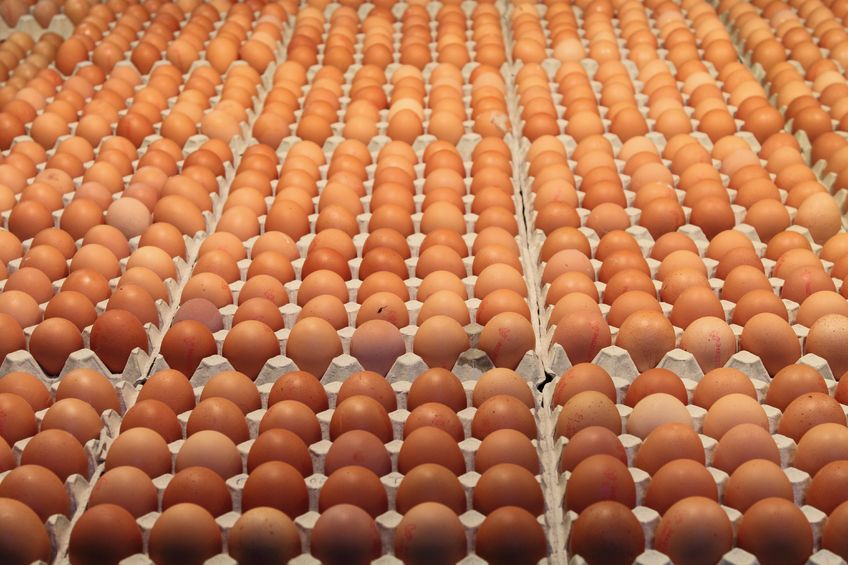
A Preston farmer who mislabelled barn eggs as pricier free range ones will have to pay back every penny of his £500,000 ill-gotten gains.
Anthony Clarkson, 62, of Back Lane, Whittingham, got a 30-month jail term at Preston Crown Court in May 2016.
He was ordered to pay back £505,381 at a confiscation hearing in September last year or face five years imprisonment.
Clarkson had been convicted of two counts of fraud, Mrs Justice Nicola Davies told London's Appeal Court earlier this week.
The egg producer and wholesaler made a "significant profit", having bought barn eggs at 58p to 85p a dozen and sold them as free range at £1 a dozen.
Rachel Cooper, for Clarkson, this week argued that the amount he should have been ordered to pay back was much smaller.
It should have been £133,111.35, a figure based upon the difference in price between the barn and free range eggs.
"In reality, the only difference between the barn eggs and the free range eggs was essentially an intellectual one", claimed the barrister.
'Fraudulent enterprise'
Free range eggs may originate from chickens which live in the same barns but have access for a minimum number of hours to the outside, the court heard.
While in law a distinction is made between barn and free range eggs, "in practical terms the difference is so small", said Ms Cooper.
The product obtained by the purchaser "was so similar" to a free range egg it would be "disproportionate" for Clarkson to have to pay back the full £505,381.
But Mrs Justice Davies, who was sitting with two other judges, said: "The court agrees with the approach taken by the judge.
"Clarkson's benefit should be that he received as the result of committing his fraud."
To account for his expense of buying the barn eggs would lend a "measure of legitimacy" to his "fraudulent" enterprise, the judge added.
"It was a specific quality of egg, laid by a chicken which lived in identified conditions, for which they were paying a higher price.
"What they received was not what they paid for," added the judge, who concluded: "This application is refused."
